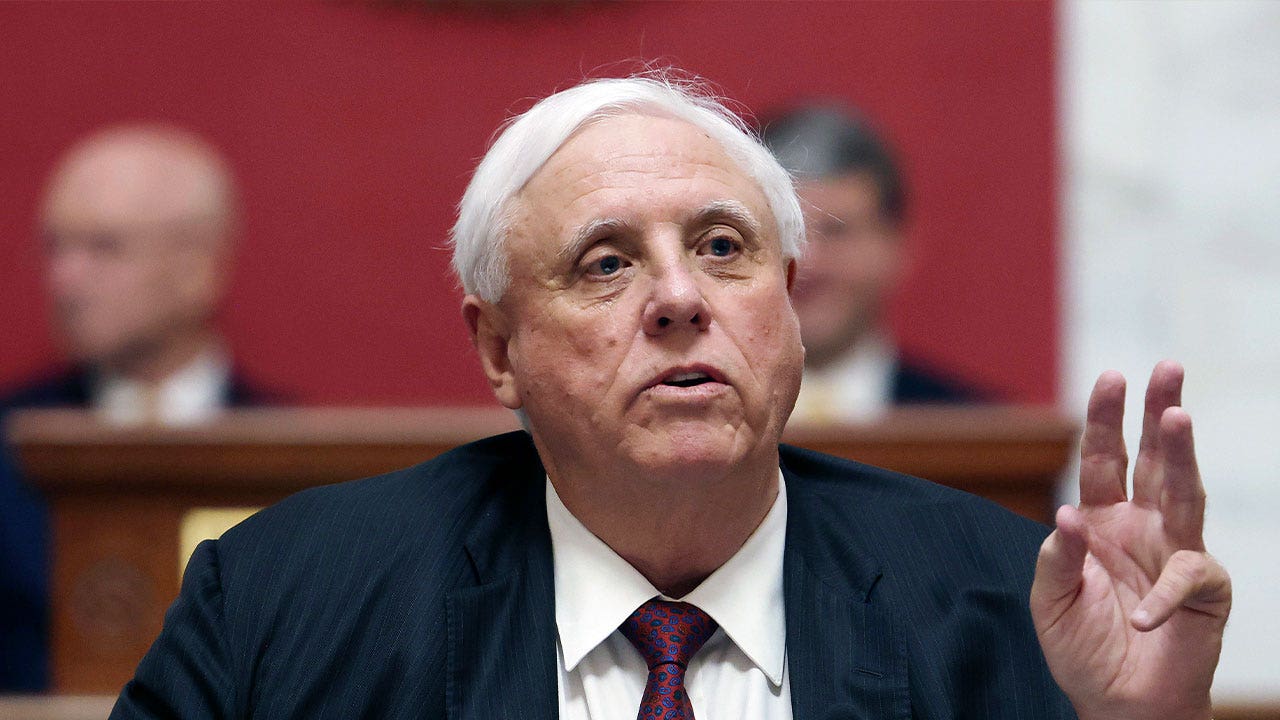Amidst the growing concerns over gender equality and the fairness of competition in women’s sports, West Virginia Governor Jim Justice has taken a bold stance to protect women’s spaces with new legislation. This move comes in light of the ongoing debates surrounding transgender athletes and their participation in women’s sports. Let’s delve deeper into the details of Governor Jim Justice’s commitment to safeguarding women’s rights and the implications of this significant legislative step.
A Stand for Women's Rights: House Bill 5243
West Virginia is poised to join other states in enacting a legislation aimed at safeguarding women’s rights, as Governor Jim Justice proudly announced plans to sign the “West Virginia Women’s Bill of Rights.” This legislation, formally known as House Bill 5243, seeks to define sex-based terms used in state law, paving the way for a more comprehensive understanding and protection of women’s rights in various spheres of life.
Governor's Pride in the Women's Bill of Rights
Governor Jim Justice expressed his unwavering support for the Women’s Bill of Rights, emphasizing the significance of this step in upholding the rights of women in West Virginia. His resolute pledge to sign the legislation reflects the earnest commitment to fostering an environment where women’s spaces and opportunities are protected and upheld with dignity.
A Coach's Perspective: Standing Up for Women
Drawing from his extensive experience as a girls’ basketball coach, Governor Jim Justice underlined the relevance and essential nature of advocating for women’s rights. His personal involvement in coaching girls’ basketball highlights the profound impact the legislation would have in ensuring a level playing field for women in sports and other domains.
Critical Provisions of the Women's Bill of Rights
The proposed legislation endeavors to define sex-based terms, reinforce the provision of “separate single-sex environments” based on biological distinctions, and ensure the accuracy of public data collection. These critical provisions are instrumental in establishing a framework that protects and advances the rights of women within the legal and societal context.
Support from Sporting Community: Riley Gaines' Endorsement
Former NCAA Division 1 swimmer and contributor, Riley Gaines, has voiced her resolute support for the Women’s Bill of Rights. Recognizing the urgency and necessity of such legislative measures, Gaines underscores the pivotal role of this legislation in setting a precedent for other states and influencing nationwide conversations regarding women’s rights and fair competition in sports.
Contribution to National Discourse: Setting a Precedent
By taking a definitive stance on the Women’s Bill of Rights, West Virginia is poised to contribute to the broader national discourse on women’s rights and gender equality. The legislation not only holds significance at the state level but also sets a benchmark for other states to consider similar measures in safeguarding and upholding the rights of women across various domains.
Continued Commitment to Women's Rights: A Holistic Perspective
Governor Jim Justice’s engagement in advocating for women’s rights extends beyond this legislative initiative. His prior actions, such as signing a bill to ban gender-affirming care for minors, exemplify a sustained commitment to protecting and preserving the rights and opportunities available to women in West Virginia.
In Conclusion
Governor Jim Justice’s unwavering commitment to signing the “West Virginia Women’s Bill of Rights” underscores the critical need to protect and advocate for women’s spaces in various spheres of life, with a particular focus on sports and legal frameworks. The legislation, with its comprehensive provisions, not only reflects the state’s dedication to upholding women’s rights but also contributes to the broader national conversation on gender equality and fairness. As West Virginia prepares to solidify its stance on women’s rights, Governor Jim Justice’s resolute pledge serves as a testament to the enduring pursuit of gender equity and the preservation of women’s spaces.


